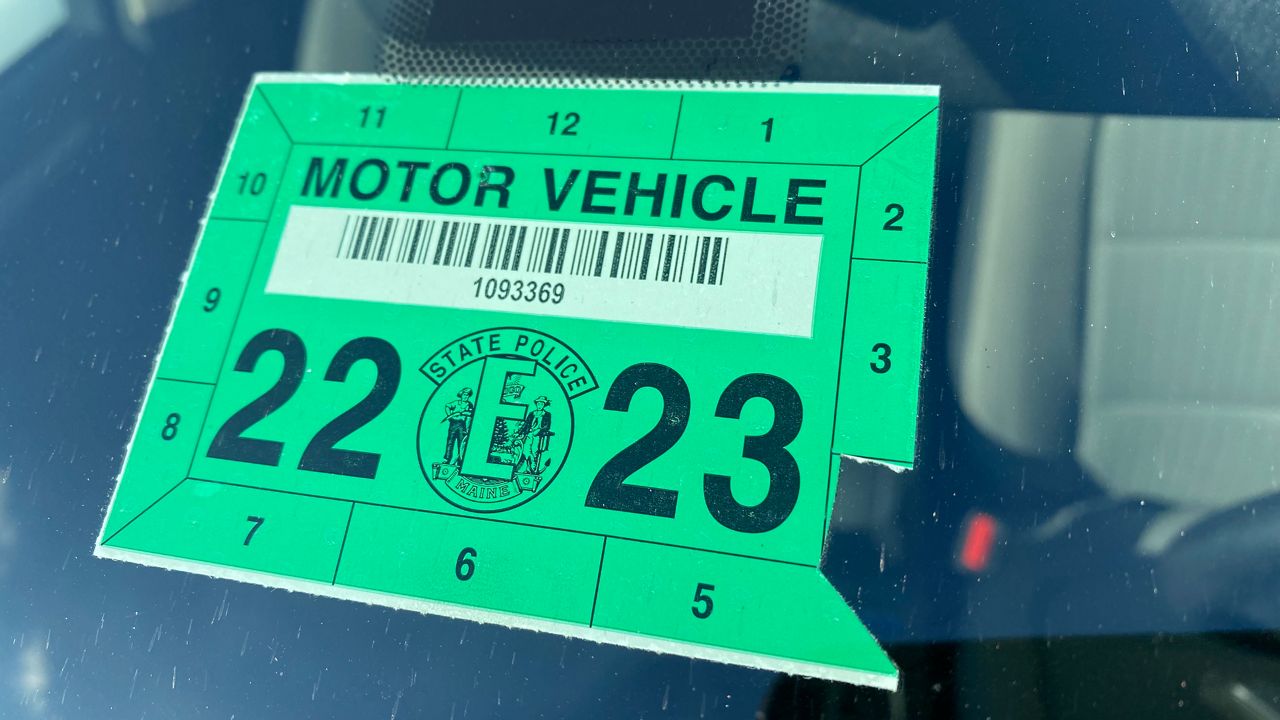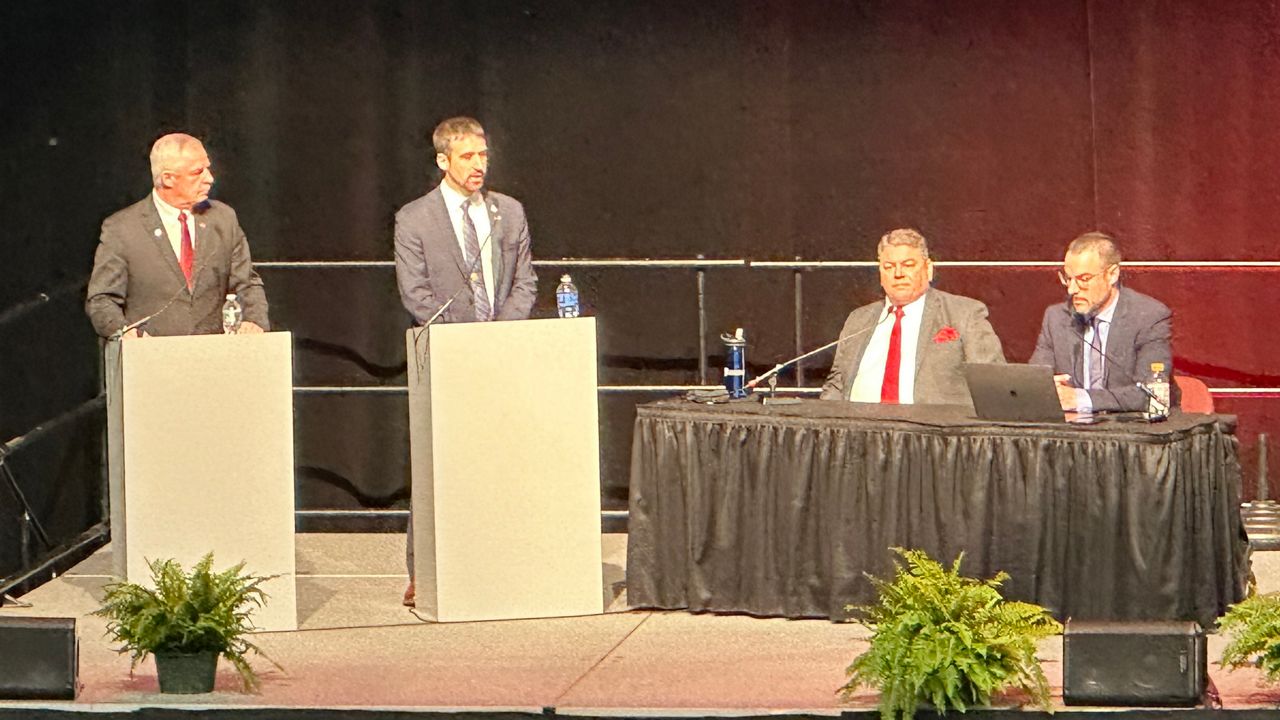Fines for holding a cellphone while driving are not likely to increase anytime soon. A legislative committee Wednesday voted against a bill seeking significant increases in penalties.
The Legislature’s Transportation Committee voted 10-0 Wednesday against a bill that would have increased the fine for using a handheld electronic device or mobile phone while driving from $50 to $500 for a first offense and from $250 to $1,000 for a second offense.
Sen. Brad Farrin (R-Norridgewock) said he realizes distracted driving is a serious problem but felt that dramatic fine increases are not warranted.
“Everybody is in agreement, this is an issue,” he said. “While I support the concept, I still struggle with the fact that we just enacted this legislation last session.”
Rather than increase fines, he proposed that the committee write a letter to the Secretary of State, Department of Public Safety, Department of Transportation and Maine Turnpike Authority directing them to focus on educational efforts.
Rep. Dan Ankeles (D-Brunswick) said he agreed with Farrin because there are several statutes on the books that can be enforced at the same time, which can increase penalties.
“I think we owe it to the Department of Public Safety to let that process work and see how those laws are working together in concert before we pass a new modification to the law,” he said.
The committee also voted to kill a bill that would have required motor vehicle inspections every other year, rather than every year.
Farrin said it made sense to vote against the bill because there are other bills coming forward to address the state’s inspection system.
The “ought not to pass” votes mean the bills will likely not go forward to the full Legislature. But if one of the three committee members who were absent votes in favor of either bill, it would advance.
Sen. Eloise Vitelli (D-Arrowsic) sponsored the bill to change the requirement to every other year and to allow the state to upgrade the inspection system to an electronic program.
The Maine State Police testified in opposition to the bill, saying that 25% of all vehicles fail inspection every year, “meaning there would be around 325,000 defective vehicles on the road today that would go uninspected for another year,” Lt. Bruce Scott told lawmakers.
Another bill related to the inspection system will get a public hearing April 4 when the committee considers LD 900 “An Act to Modernize the State Motor Vehicle Inspection Program.”
That bill allows state police to make an electronic inspection program available to inspection stations.









)